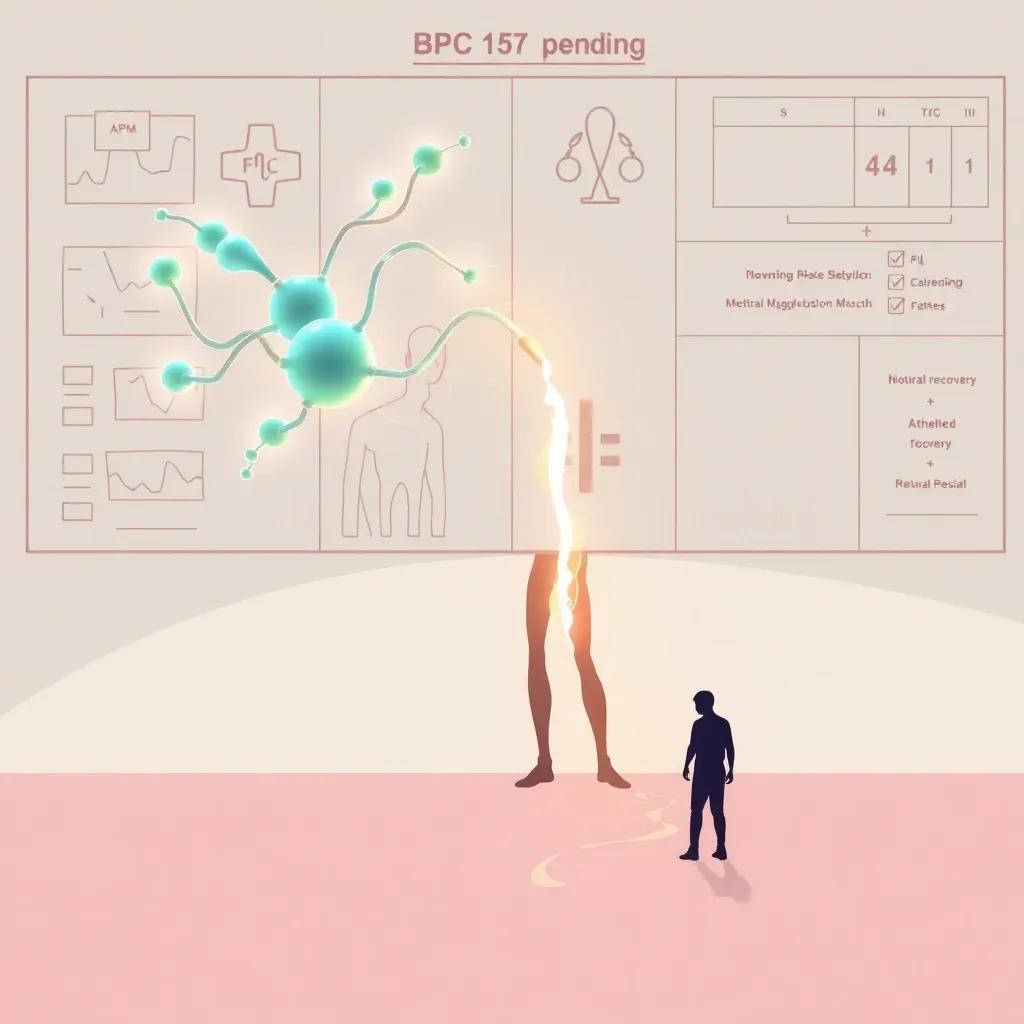Recent pilot studies indicate BPC-157 may safely accelerate healing of tendon and muscle tears, though FDA approval is pending and WADA monitors its use in sports.
Emerging research on the peptide BPC-157 suggests significant potential for treating soft tissue injuries, but regulatory and ethical questions persist.
The Emerging Promise of BPC-157 in Musculoskeletal Healing
Recent clinical investigations have brought the synthetic peptide BPC-157 into focus as a potential breakthrough in treating partial muscle and tendon tears. A 2023 study published in Peptides confirmed its safety profile in humans, with researchers reporting no adverse effects at therapeutic doses
during a 6-week observation period.
Clinical Trial Results
The ongoing Phase II clinical trial (NCT05243550) has shown particularly promising preliminary results for rotator cuff injuries. Dr. Elena Rodriguez, principal investigator at the Miami Sports Medicine Institute, reported in a recent press release: Our early data suggests BPC-157 may reduce recovery time by 30-40% compared to standard rehabilitation protocols.
Mechanisms of Action
Preclinical studies published in Frontiers in Pharmacology have identified multiple pathways through which BPC-157 appears to promote healing:
- Angiogenesis stimulation
- Anti-inflammatory effects
- Collagen organization enhancement
Beyond Musculoskeletal Applications
At the 2023 International Peptide Symposium, researchers presented animal study data suggesting BPC-157’s potential for treating inflammatory bowel disease and neurological conditions, though human trials in these areas remain preliminary.
Regulatory and Ethical Considerations
The World Anti-Doping Agency’s 2023 decision to add BPC-157 to its monitoring program highlights growing concerns about potential misuse in sports. WADA’s announcement specifically cited emerging evidence of performance-enhancing potential through accelerated recovery.
The FDA Approval Process
Despite promising results, BPC-157 remains investigational in the United States. The FDA has not yet approved any BPC-157 formulations, citing the need for larger-scale clinical trials to establish both efficacy and long-term safety profiles.
Future Research Directions
Several institutions are now exploring:
- Optimal dosing protocols
- Oral bioavailability
- Combination therapies
As Dr. Michael Chen of Stanford University noted in a recent blog post for the Journal of Regenerative Medicine: The next 2-3 years of clinical research will be crucial in determining whether BPC-157 fulfills its early promise or joins the long list of failed therapeutic candidates.




